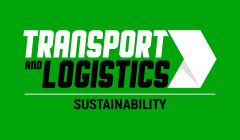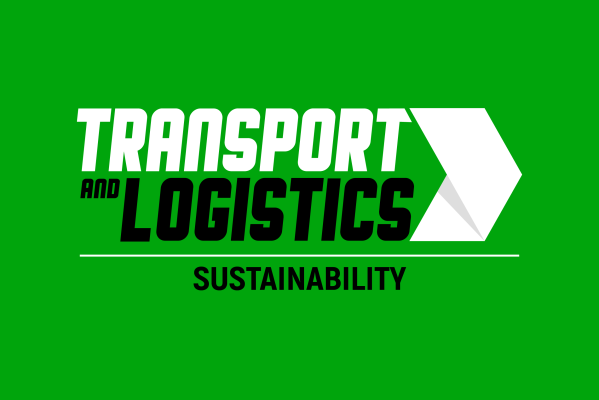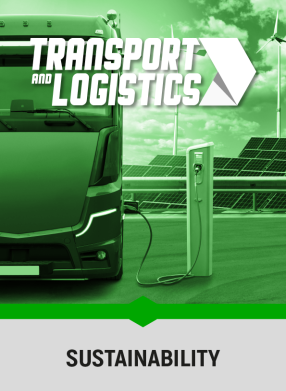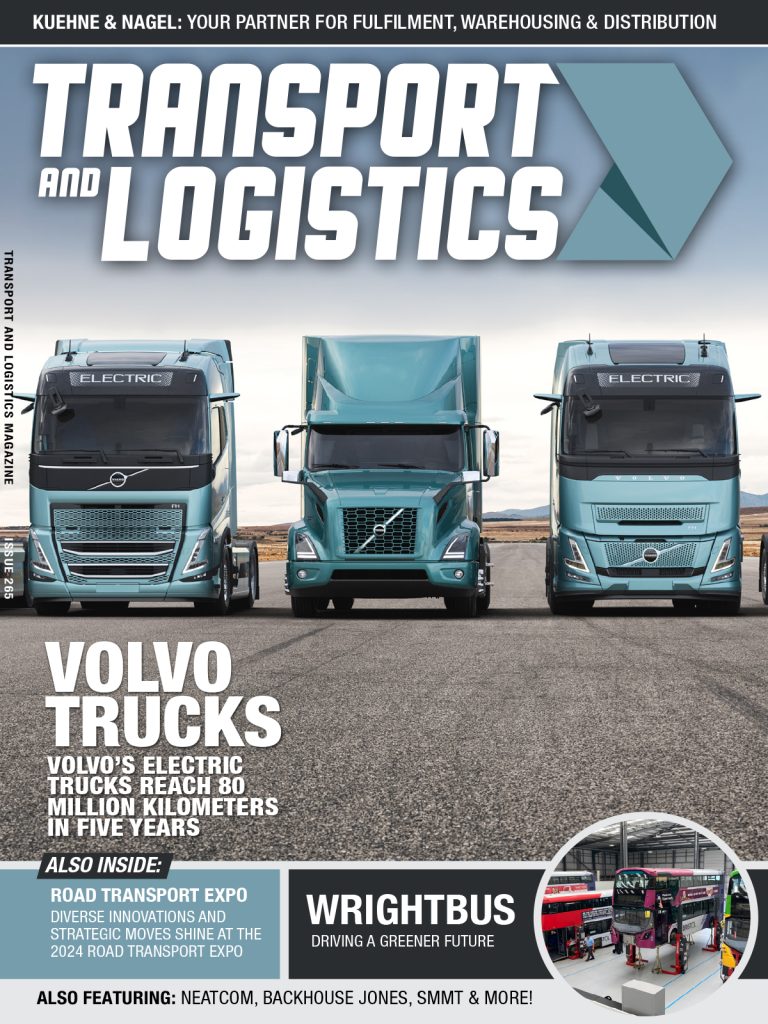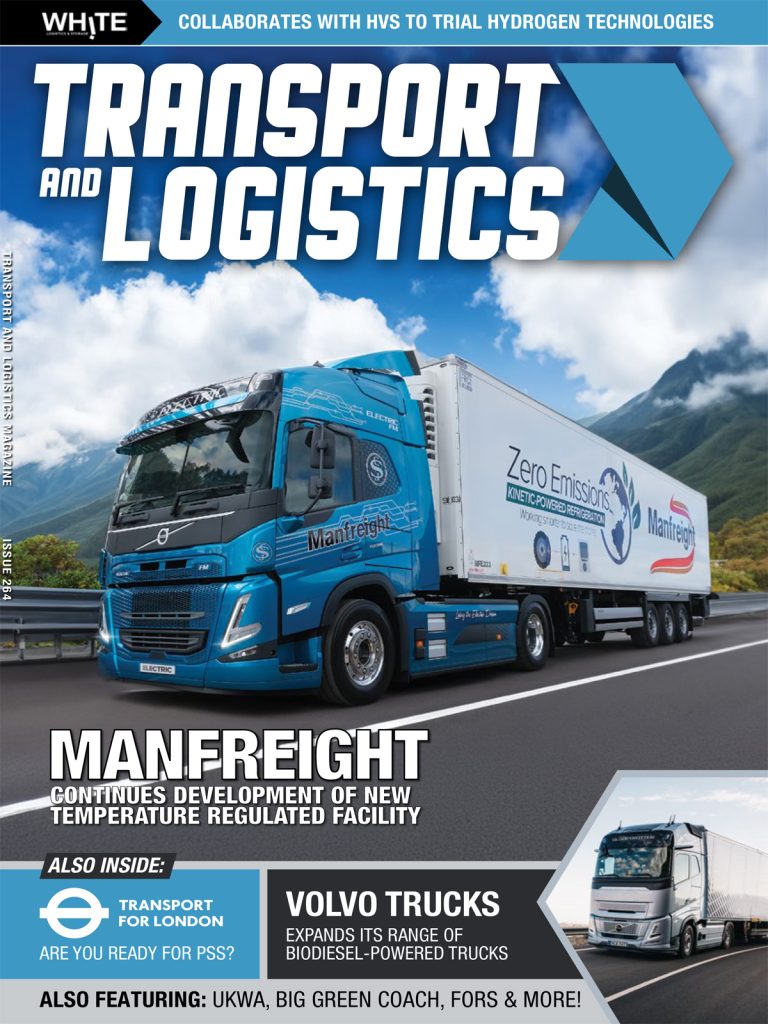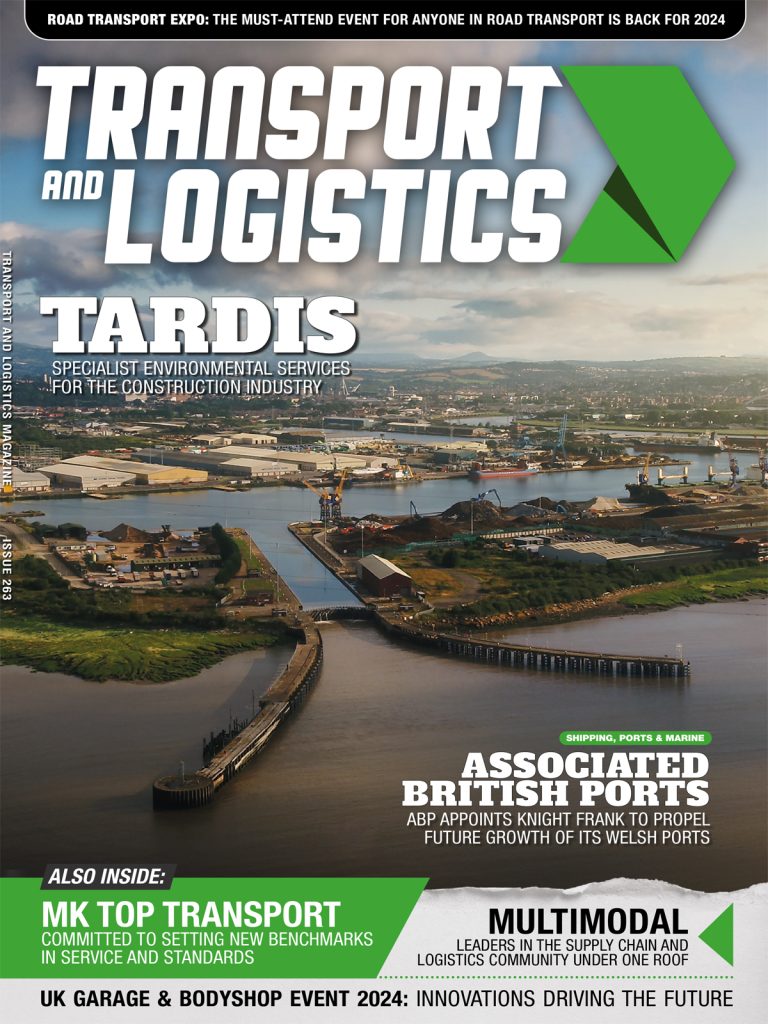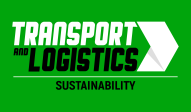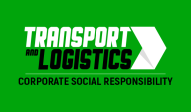Government Urged To Introduce An Integrated Fuels Strategy To Improve Air Quality
– Air pollution needs to be given the same level of priority as tackling climate change and reducing carbon emissions when formulating transport policy.
– Industry blueprint calls for an integrated road fuels strategy that supports options such as LPG that can improve air quality immediately
The LPG Autogas industry has called on the Government to restore confidence to the sector by encouraging a genuine partnership which encouragages car manufuctuers to re-enter the UK market and helps alleviate the issue of air pollution.
UK LPG, the industry trade representative body alongside Autogas Ltd, the leading supplier, has today released a Blueprint document setting out what it believes should form the future of the alternative fuel industry in the UK.
As apart of a number of recommendations, it urges the Government to replace individual fuel strategies with an integrated approach which sets out a framework supporting gaseous alternatives such as LPG autogas which provides consumers with low-cost and environmentally-friendly choices.
The Blueprint argues that the current silo approach has left the UK lagging behind the rest of the world, damaged confidence in the industry and reduced transport’s ability to play its role in carbon emissions reductions. It also failed to provide UK consumers with more options that would help to reduce their fuel bills.
UKLPG Chief Executive Rob Shuttleworth said “The blueprint is the industry’s commitment to maximise the support given by Treasury to a 10 year fuel duty trajectory for LPG. However, fuel duty for gaseous fuels on its own does not go far enough to truly make an impact on carbon and air pollution from road transport. A clear objective must be a cross departmental cohesive approach to road transport policy that correctly incorporates UK road transport supply chains and infrastructure.
Linda Gomersall, General Manager of Autgoas Ltd, said: “LPG autogas has a significant role to play as one of a basket of fuels available to drivers. To make this a reality, we need to see a genuine partnership between the industry, vehicle manufacturers and the Government.
“As we look to meet the twin challenges of financial and environmental affordability, it is essential that the Government take an integrated approach to road fuels policy, to avoid the belief that one fuel is favoured over another, or that there is one solution to a challenge that has differing levels for different users, regions and requirements.”
LPG is a low carbon and cost-effective alternative fuel which thanks to a 10-year subsidy trajectory announced by the Government will remain around half the price of petrol and diesel.
With the Govenrment facing a fine of hundreds of millions of pounds for failing to meet air pollution targets, LPG with 1400 filling sites in the UK could also provide an immediate benefit to the pollution problem.
Linda Gomersall added: “Throughout the world, governments are thinking imaginatively about incentives and schemes to encourage and support the manufacture of LPG autogas-ready vehicles, consumer take up of LPG autogas and encouragement to convert to LPG autogas. This type of approach is absent in the UK.
“The UK needs to follow European counterparts such as Germany for example which have already introduced 10-year low duty guarantees and produces LPG models with over 500,000 LPG cars currently on the road, and are much more advanced in terms of LPG usage.”
Other recommendation in the blueprint include:
– Introduce as a part of an integrated fuels strategy, limited grant schemes to remove the most polluting cars from the road, potentially through converting these cars to LPG.
– Provide wider support for local authorities to move their fleets to less polluting forms of fuel.
– Ensure that there is greater consultation with key departments such as the Department for Health (DoH), the Department for Environment, Food and Rural Affairs (DEFRA), Department for Transport (DfT) and HM Treasury (HMT) when determining road fuels policy.
